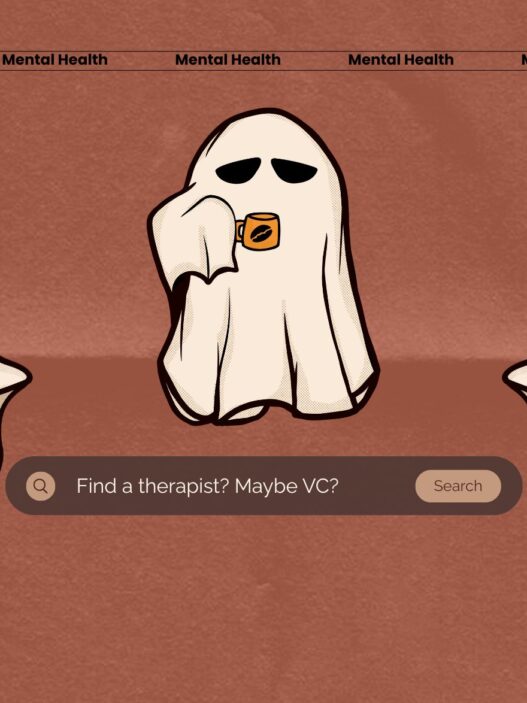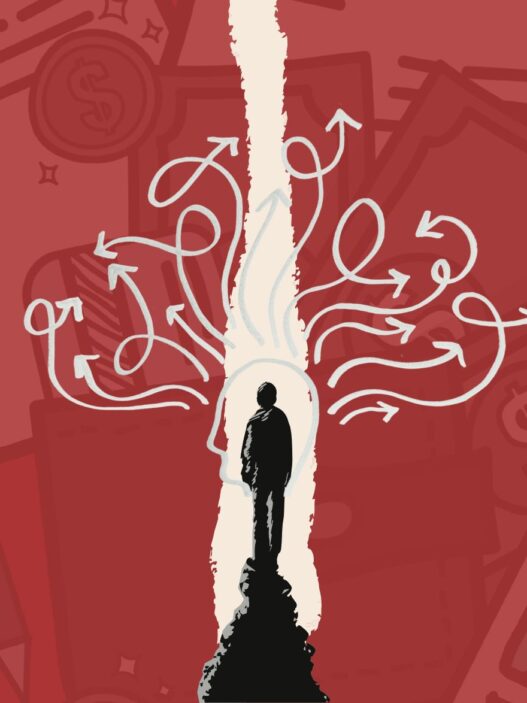Somewhere along the way, we stopped being people who believe things and became the things we believe.
We are what we vote for, what we eat, what we wear, what we post, what we boycott, what we hashtag.
It sounds like belonging. But what it often creates is a fragile identity built on a shifting foundation.
And when the thing you believe in starts to crack? You crack with it.
The Politics of Personality
Let’s not pretend, a lot of people didn’t just like Elon Musk, they were Elon Musk. Hustle culture. Startup grind. Tweet like a genius. Be un-cancellable.
And a lot of people didn’t just vote for Trump, they were Trump. Anti-establishment. Unfiltered. Strongman energy. Winner’s mindset.
So what happens when your two identities, sorry, heroes, go to war?
Well, you get what’s happening online right now – a full-blown existential crisis.
Supporters are being asked to pick a side, not just between two public figures, but between two versions of themselves.
Identity Built on Trauma (Yes, Really)
When someone builds their identity around a belief, it’s usually not random.
We latch onto beliefs that help us feel safe.
A lot of that stems from unprocessed trauma. The need to feel powerful, to belong, to be respected. Beliefs give us that. Especially the big, bold ones that come with a community.
But the cost is high. Because if a belief gave you safety, anything that questions it feels like danger. And that’s why people dig in not because they’re stupid but because they’re scared.
When Belief Becomes a Trap
There’s a psychological term for this, identity fusion. It’s when your personal identity becomes one with a group or ideology. So when the group is attacked, you feel attacked.
And that explains a lot of the rage we see today.
Someone criticizes a political figure? You take it personally.
Someone questions a wellness trend? It feels like betrayal.
Someone changes their mind? You accuse them of being fake.
Because if you’ve built your self-worth on a belief system, anything that threatens it threatens you.
How to Tell If It’s Happening to You
- Do you feel defensive when someone disagrees with your favorite influencer or politician?
- Have you ever lost sleep over online discourse?
- Do you feel like your belief system is your personality?
If the answer is yes to more than one of these, it might be time to pause.
Reclaiming Your Identity
Your identity isn’t the same as your opinions.
You can change your mind and still be you.
You can belong to a community without needing everyone in it to agree with you 100% of the time.
You can care deeply about issues and still hold space for nuance.
The Bottom Line
Letting beliefs define you might feel empowering at first but it eventually limits your ability to grow, connect, and think freely.
Instead of asking, “What side am I on?” ask, “Who am I becoming because of this?”
The true goal of finding yourself is making sure your values don’t abandon you.























